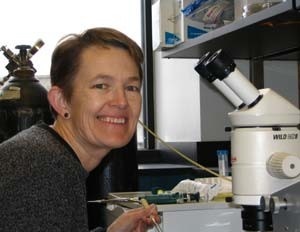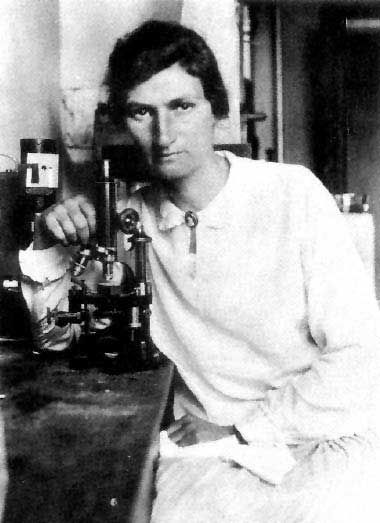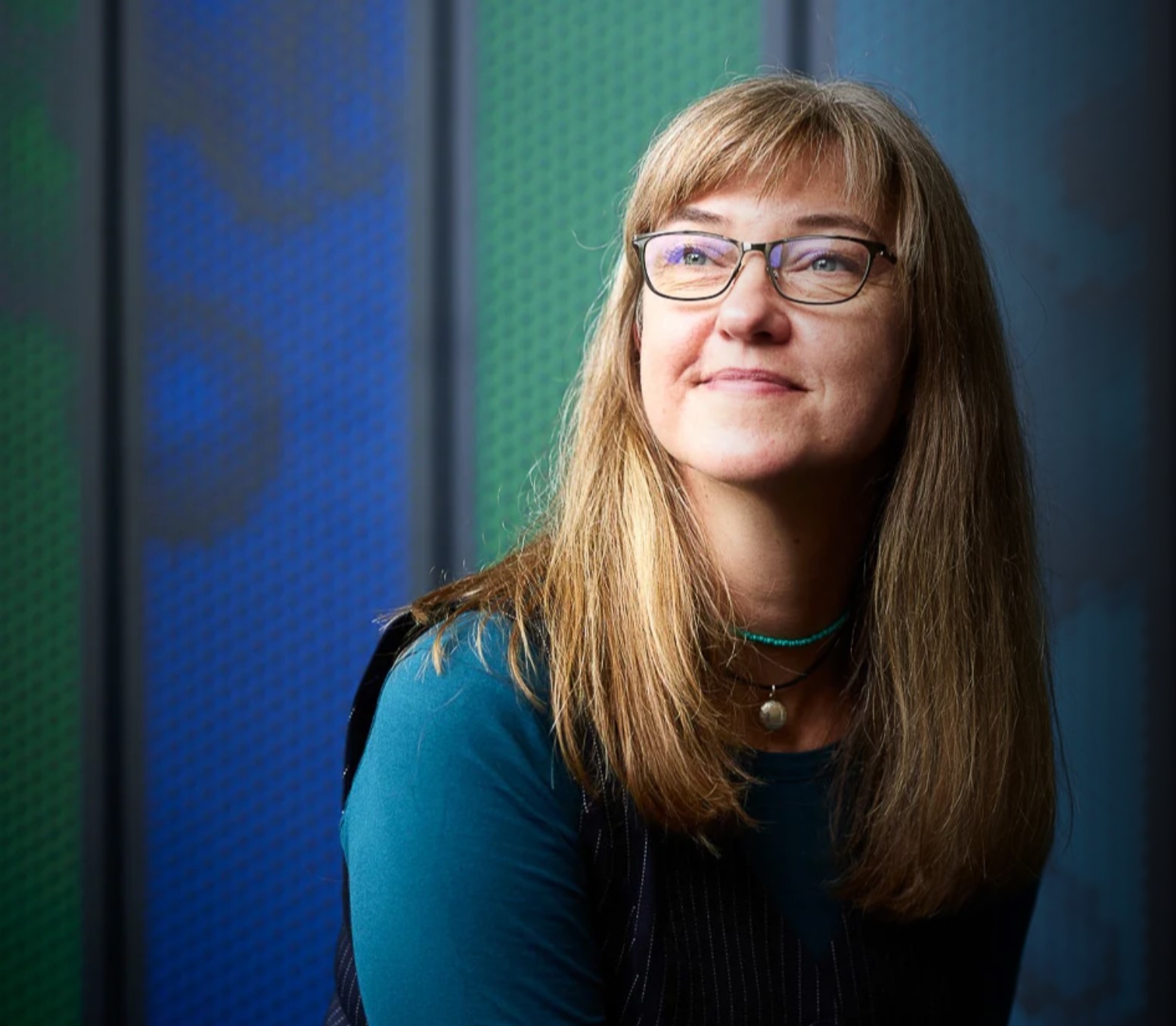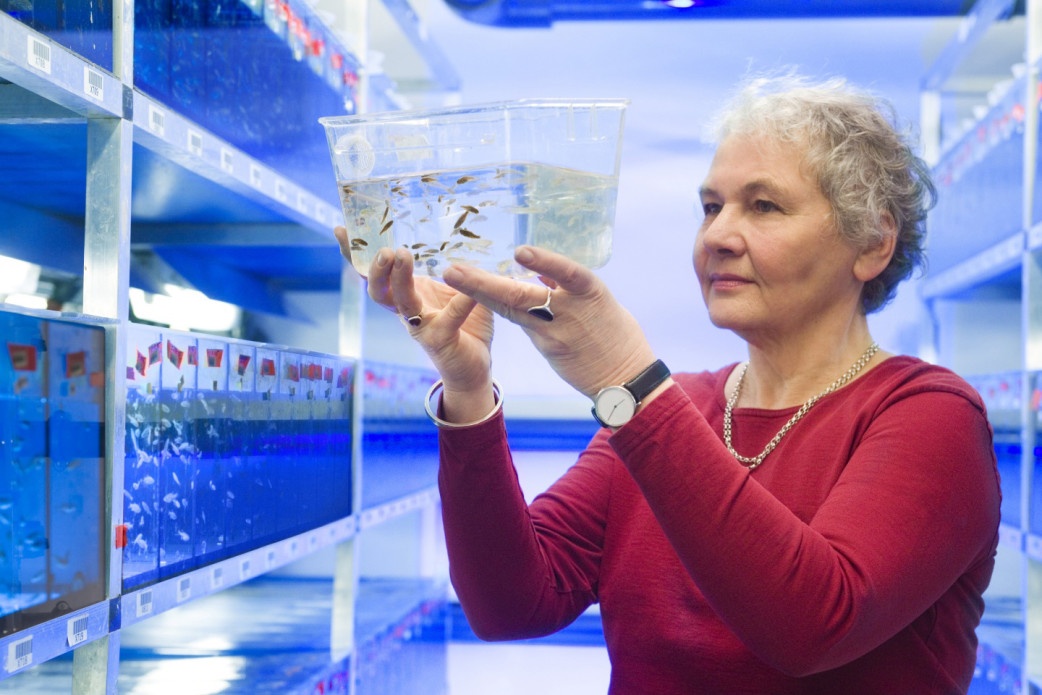Necessary cookies help make a website usable by enabling basic functions like page navigation and access to secure areas of the website. The website cannot function properly without these cookies.
| Name |
Domain |
Purpose |
Expiry |
Type |
|
local_storage_support_test |
twitter.com |
The cookie is used in context with the local-storage function in the browser. This function allows the website to load faster by pre-loading certain procedures. |
Persistent |
HTML |
|
rc::a |
google.com |
The cookie is used in context with the local-storage function in the browser. This function allows the website to load faster by pre-loading certain procedures. |
Persistent |
HTML |
|
rc::c |
google.com |
This cookie is used to distinguish between humans and bots. This is beneficial for the website, in order to make valid reports on the use of their website. |
Persistent |
HTML |
|
SERVERID# |
bionomous.ch |
It is used to identify Website users. |
Persistent |
HTTP |
Marketing cookies are used to track visitors across websites. The intention is to display ads that are relevant and engaging for the individual user and thereby more valuable for publishers and third party advertisers.
| Name |
Domain |
Purpose |
Expiry |
Type |
|
__widgetsettings |
twitter.com |
This cookie is set by Twitter. The cookie allows the visitor to share content from the website on to their Twitter profile. |
Persistent |
HTML |
|
i/jot/syndication |
twitter.com |
These cookies are set by Twitter as a result of the integration of our Twitter feed with our web site. |
Persistent |
Pixel |
|
metrics_token |
twitter.com |
Collects data related to the user's visits to the website, such as the number of visits, average time spent on the website and which pages have been loaded, with the purpose of person alising and improving the Twitter service. |
34 days |
HTTP |
|
NID |
bionomous.ch |
Collects data related to the user's visits to the website, such as the number of visits, average time spent on the website and which pages have been loaded, with the purpose of person alising and improving the Twitter service. |
6 months |
HTTP |
Analytics cookies help website owners to understand how visitors interact with websites by collecting and reporting information anonymously.
| Name |
Domain |
Purpose |
Expiry |
Type |
|
personalization_id |
twitter.com |
This cookie is set by Twitter. The cookie allows the visitor to share content from the website on to their Twitter profile. |
2 years |
HTTP |
|
tfw_exp |
twitter.com |
Facilitates the Twitter timeline widget on the website. |
1 day |
HTTP |
Preference cookies enable a website to remember information that changes the way the website behaves or looks, like your preferred language or the region that you are in.
| Name |
Domain |
Purpose |
Expiry |
Type |
|
lang |
cdn.syndication.twimg.com |
Remembers the user's selected language version of a website. |
Persistent |
HTTP |
Unclassified cookies are cookies that we are in the process of classifying, together with the providers of individual cookies.
| Name |
Domain |
Purpose |
Expiry |
Type |
|
_ga |
google.com |
These cookies are set by Google Analytics in order to distinguish users. |
2 years |
HTTP |
|
_gid |
google.com |
These cookies are set by Google Analytics in order to distinguish users. |
2 years |
HTTP |
|
_gat |
google.com |
These cookies are set by Google Analytics in order to throttle request rate. |
1 minute |
HTTP |






